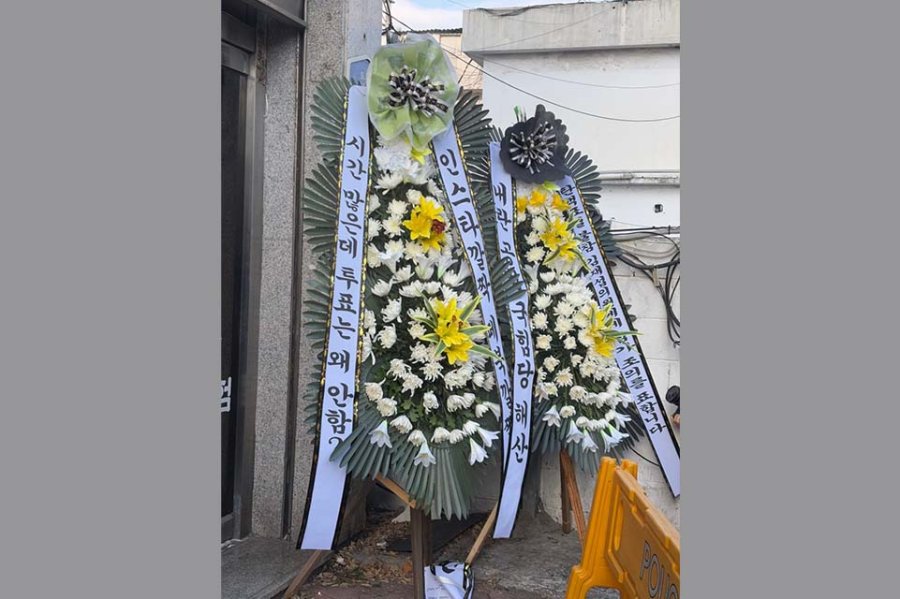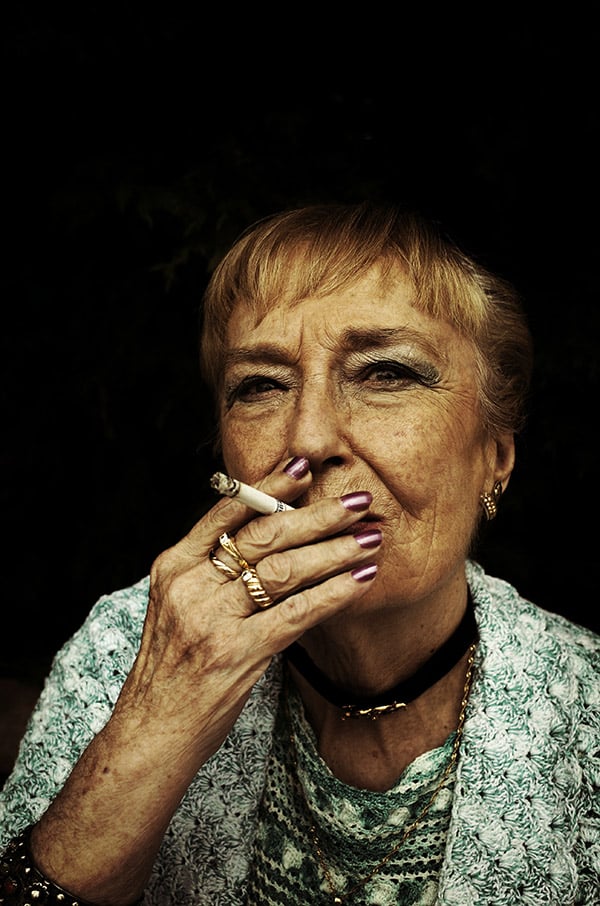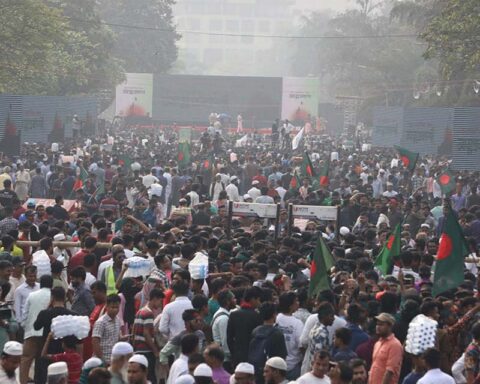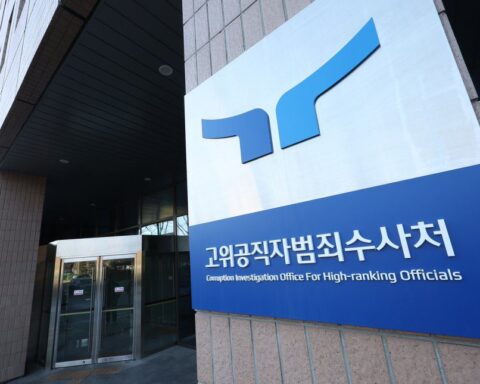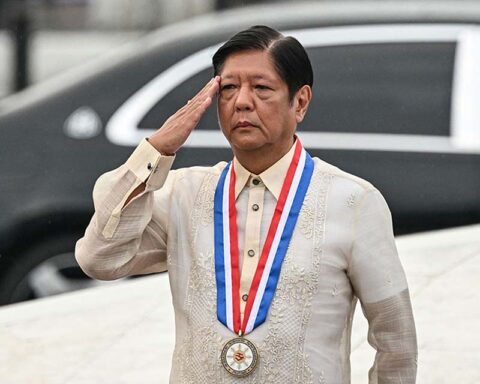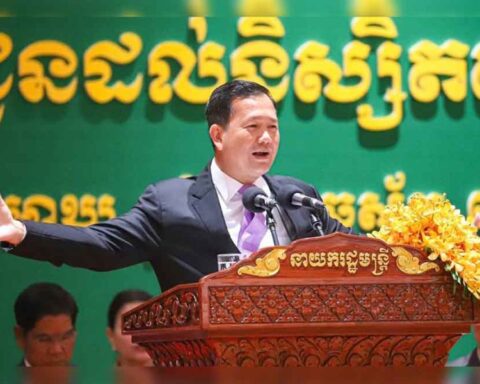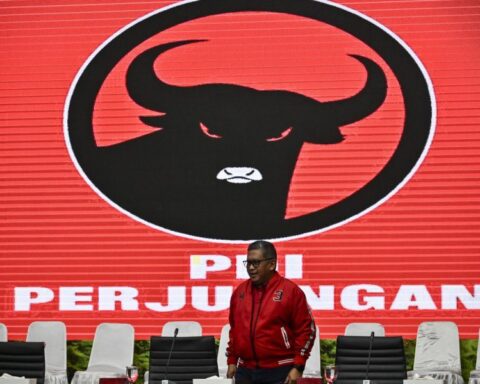January 2, 2025
Seoul – As someone who studies hate speech, I see the creative ways people try to abuse and insult others, but I was shocked when I saw South Korea using funeral wreaths as a way of protesting celebrities and believe this is something that needs to stop of toxic fan culture.
For those unfamiliar, a Korean funeral wreath is a tall, free-standing flower arrangement, much like a single-sided Christmas tree, composed of white flowers. This flower tower is delivered to someone’s funeral as a sign of condolence, often accompanied by a wide ribbon containing a written message. However, it is also used as a way to complain to entertainment companies about the dismissal of idols.
In October, people sent wreaths urging SM Entertainment to prevent Seunghan from rejoining the group Riize; at Hybe, funeral wreaths called for Suga to be removed from BTS while he is under investigation for drunk driving. This week, a funeral wreath was sent to Jungwon of Enhypen due to dating rumors. These are just a few examples.
I personally don’t think a young single dating another person is a serious crime worthy of such hatred. But of course, free speech and the right to peaceful protest are important pillars of democracy. However, wishing someone dead should not fall within the realm of free expression. Respectful use of funeral wreaths as a form of protest may include lamenting the demise of values, causes, or criticizing institutions or organizations. In these cases, death has symbolic meaning, but when these flowers are used against an individual, they should be taken as seriously as a verbal death threat. Furthermore, these protests are largely anonymous. Unlike petitions or physical protests, where people express themselves about the causes they fight for, wreaths are the equivalent of someone hiding behind a keyboard. So there is controversy surrounding who is funding these installations – do they represent a large group of people, or are they just a few obsessed anti-fans with malicious intent?
I am not writing this to condemn those who instigate these abhorrent acts, as I know these people will fall on deaf ears. However, governments need to be clearer about what constitutes peaceful protest when issuing permits to individuals to use sidewalks and other public spaces to set up these facilities. South Korea’s defamation laws protect celebrities from false accusations, but death threats and intentional emotional harm can be seen as equally harmful, or even more harmful, to victims, but there are no clear guidelines for punishment.
I don’t know if Koreans think about this, but from outside Korea, K-pop is more than just music or idols. It touches on the entire culture surrounding this special and unique form of entertainment. The fan culture surrounding K-pop is almost as important to how people outside South Korea view the K-pop phenomenon as the celebrities themselves. K-pop fans are known to be very passionate and engage in many positive collective behaviors that seem very fascinating to outsiders. These include large-scale charity events, building parks and opening birthday cafes to celebrate celebrity birthdays. However, it is a well-known fact that toxic fan behavior is a considerable problem, and even if it is only perpetrated by a small number of people, those people are often so extreme in their voices or actions that the stress of harassment can lead to serious mental health issues for idols Worship sometimes even brings more terrible consequences.
Recent political protests in South Korea, accompanied by K-pop bands’ glow sticks and humorous slogans, have been praised by foreign media as a sign of increasing democracy. Koreans know how to criticize respectfully and fight for things they believe in. By contrast, condemning individuals with funeral wreaths is a cruel and cowardly act that should be replaced with a more respectful culture of protest.
I’ve heard some Korean fans think there’s no point in making a fuss or speaking out against hate crimes, and to some extent I understand Korean culture frowns upon those who try to take a stand. However, if we remain silent and wait until the matter is resolved, this may be the most effective way to deal with court decisions, but decisions in the court of public opinion are another matter. Doing nothing about injustice is almost a form of perpetuating the problem.
Hatred or violence rarely solve hate problems. While love cannot eliminate hate, it is necessary to protect victims and demonstrate to society what we consider acceptable values as expected by society.
Yvette Wohn is Professor of Informatics at the New Jersey Institute of Technology. The views expressed here are the author’s own.


